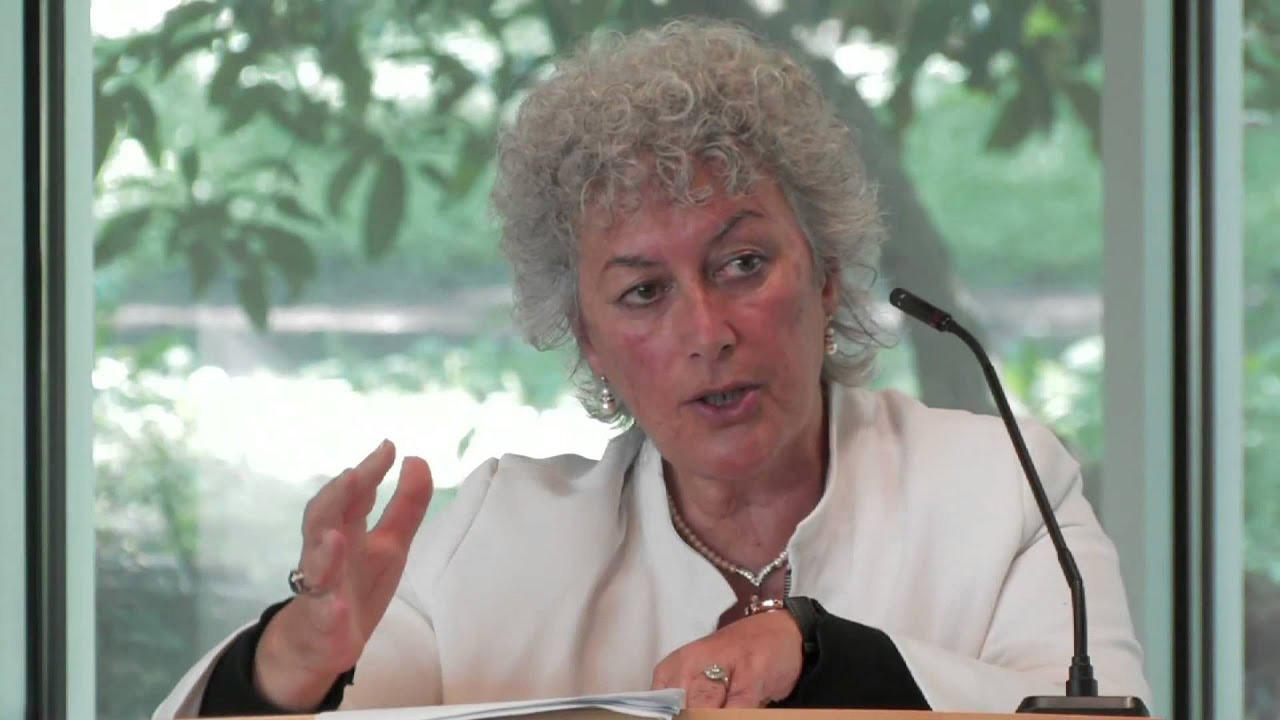An Example of how Maori activists explain ‘tino rangatiratanga’

In November 2007, following the police arrests of Tama Iti and other Tuhoe radicals, duly found to be in the illegal possession of arms, “The Guardian Weekly” of England sent reporter John Henley to find out what was going on in New Zealand. He found Professor Margaret Mutu (left), FRSNZ, of the University of Auckland whose words, as reported, are the following.
“In article one of the treaty [of Waitangi]’s English text, the Maori signatories apparently cede their “sovereignty” to the British crown. Williams’s Maori version of the text, however, which was the one the chiefs signed, used a missionary neologism, “kawanatanga”, to translate this concept - the term means something akin to “governorship”. This was curious, because a pretty good translation of ”sovereignty” already existed in Maori “tino rangatiratanga”.’
‘Even more curiously, article two expressly reserves “tino rangatiratanga”, or full sovereign authority, over “their lands, forests, fisheries and everything they value” to the Maori chiefs.’
‘The only reason the chiefs were sitting down with the representative of the British crown in the first place was because they had been obliged to asked [sic] for Britain’s help in controlling the lawless, land-grabbing and violent band of European whalers, sealers and other settlers who had invaded their islands.’
‘It seems clear that what the Maori believed they were signing – what they did, in fact, sign – was a document granting the crown a strictly limited authority over the non- Maori settlers.’
‘Thanks to a subsequent barrage of questionable land purchases and wholesale confiscations of vast tracts of New Zealand, between 1840 and 1890, the Maori lost approximately 95% of their territories.’ ‘over roughly the same period [1840 to 1890] the Maori population had shrunk from 100,000 to about 36,000’, without offering any explanation for it.
(As a further example, see the reported words of Associate Professor Sandy Morrison of Waikato University, as given in my the banned talk earlier in this text. See also the lengthy article by Professor Alexander Gillespie also of Waikato University, reported by RNZ, ‘Te Ao Maori’, 7:31pm, 4th February 2020, at https://www.rnz.co.nz/ news/te-manu-korihi/408850/ treaty-of-waitangi-a-legacy-of-colonialism-conflict-and-contradiction )
(cited in Bruce Moon. The Fair Colony. Page 71)
